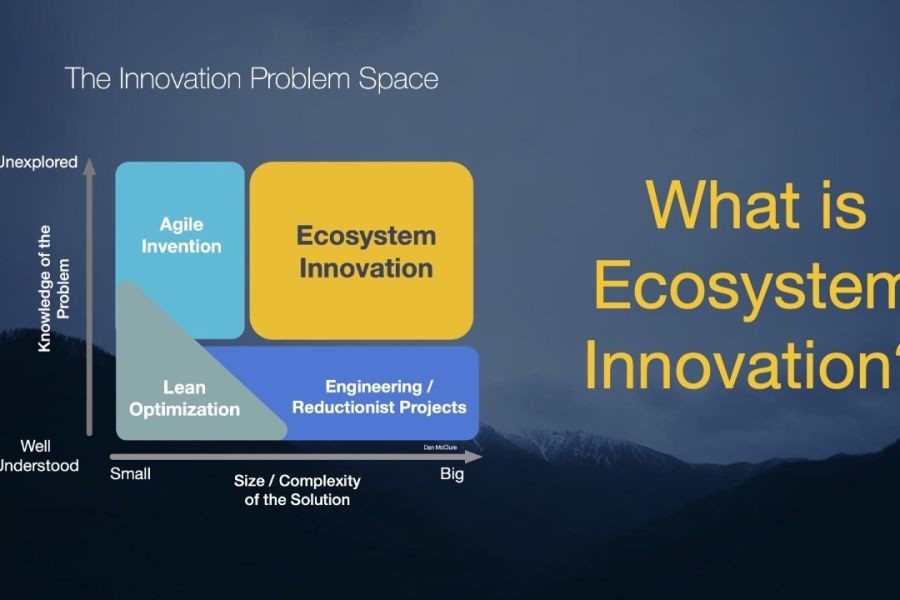New Zealand, often celebrated for its breathtaking landscapes and rich cultural heritage, is increasingly recognized for its significant global economic impact. While many may view this island nation as a remote paradise, it plays a crucial role in international markets, technology, and sustainability. As a venture capitalist looking to explore untapped opportunities, understanding New Zealand’s economic prowess is not just enlightening but essential for strategic decision-making. In this article, we delve into the top five lesser-known aspects of New Zealand's global economic influence, supported by data and expert insights.
1. New Zealand: A Pioneer in Renewable Energy
New Zealand is a global leader in renewable energy, with approximately 84% of its electricity generated from renewable sources such as hydroelectric, wind, and geothermal power (Source: Ministry of Business, Innovation and Employment, 2023). This commitment to clean energy not only positions New Zealand as a sustainable powerhouse but also attracts international investors seeking eco-friendly opportunities.
One notable example is Mercury NZ Limited, a prominent renewable energy company that has consistently expanded its geothermal capacity. By harnessing the power of geothermal energy, Mercury not only supports New Zealand’s energy needs but also exports expertise and technology globally. This sector’s growth potential provides lucrative opportunities for venture capitalists aiming to invest in sustainable technologies.
2. The Tech Boom: New Zealand’s Digital Leap
New Zealand's tech industry is burgeoning, with tech exports reaching NZD 8.7 billion in 2022, according to NZTech. This growth is fueled by a supportive business environment and government initiatives like the Digital Technologies Industry Transformation Plan, which aims to double the tech sector’s contribution to GDP by 2030.
Consider Xero, a New Zealand-founded accounting software company that has revolutionized financial management for small businesses worldwide. Xero’s success story exemplifies the potential of Kiwi tech firms to scale globally, offering venture capitalists a glimpse into the profitable future of New Zealand’s digital landscape.
3. Agritech Innovation: Feeding the Future
New Zealand’s agricultural sector is renowned for its high-quality produce, but it’s the country’s agritech innovations that are making waves globally. With a focus on sustainability and efficiency, Kiwi agritech companies are transforming traditional farming practices through technology.
For instance, Halter, a New Zealand-based startup, has developed a GPS-enabled collar system for cows that allows farmers to monitor and manage livestock remotely. This technology not only enhances productivity but also reduces environmental impact. The global demand for such innovations presents a fertile ground for investors interested in agritech solutions.
4. Education: A Global Knowledge Economy
New Zealand is building a reputation as an educational hub, attracting international students and researchers. The country’s universities rank among the world's top institutions, fostering a knowledge economy that contributes significantly to global research and development.
In recent years, New Zealand’s educational institutions have partnered with international tech giants like Google and Microsoft to advance AI and machine learning studies. These collaborations not only enhance the country's educational offerings but also spur innovation, making New Zealand an attractive destination for investment in education and technology.
5. Financial Services: A Stable Investment Environment
The Reserve Bank of New Zealand's prudent monetary policies have created a stable financial environment, attracting foreign investments. New Zealand’s financial services sector, known for its transparency and innovation, offers a robust platform for growth.
Kiwi Wealth, for example, has been at the forefront of digital investment solutions, providing accessible financial management tools to a global audience. As the demand for digital financial services grows, New Zealand’s financial sector presents significant opportunities for venture capitalists seeking to tap into emerging markets.
Case Study: Rocket Lab - From New Zealand to Space
Problem:
Rocket Lab, founded in New Zealand, faced the challenge of competing in the high-stakes global aerospace industry dominated by giants like SpaceX and Blue Origin.
Action:
Rocket Lab focused on developing cost-effective, small-scale rocket launches to meet the growing demand for satellite deployment. They innovated with the Electron rocket, which uses lightweight carbon composite materials.
Result:
Since its first successful launch in 2018, Rocket Lab has completed over 30 missions, capturing a significant share of the small satellite market. The company is now valued at over USD 4 billion and continues to expand its operations globally.
Takeaway:
Rocket Lab’s success underscores the potential of New Zealand-based companies to innovate and compete on a global scale. Venture capitalists can find similar opportunities in other Kiwi startups poised to disrupt traditional industries.
Myths Debunked: Misconceptions About New Zealand’s Economic Impact
- Myth: "New Zealand is only significant for its tourism industry." Reality: While tourism is vital, sectors like technology and renewable energy are experiencing rapid growth, contributing significantly to the economy.
- Myth: "New Zealand’s remote location limits global business connections." Reality: New Zealand's strategic trade agreements and digital infrastructure facilitate robust international business operations.
Future Trends: What Lies Ahead for New Zealand's Economy?
By 2028, New Zealand is projected to become a global leader in agritech and renewable energy solutions, driven by increased investment in research and development (Source: MBIE). Additionally, the tech sector is expected to contribute over NZD 16 billion to the economy, highlighting the growing importance of digital innovation.
Conclusion
New Zealand's global economic impact extends far beyond its picturesque landscapes. From pioneering renewable energy solutions to leading in agritech innovation and digital transformation, New Zealand offers a wealth of opportunities for forward-thinking investors. Venture capitalists looking to diversify their portfolios should consider the untapped potential within New Zealand’s burgeoning industries.
Final Takeaway: As New Zealand continues to innovate and strengthen its global economic presence, investors have the chance to be part of this dynamic growth story. What’s your next move? Explore the opportunities that New Zealand has to offer and stay ahead in the global market.
People Also Ask (FAQ)
- How does New Zealand’s tech industry impact global markets? New Zealand’s tech industry, with exports reaching NZD 8.7 billion, significantly influences global markets through innovation and collaboration, as demonstrated by companies like Xero.
- What are the biggest misconceptions about New Zealand’s economy? A common myth is that New Zealand’s economy is solely reliant on tourism, whereas sectors like tech and renewable energy play pivotal roles in economic growth.
- What upcoming changes could affect New Zealand’s global economic impact? By 2028, increased investment in R&D is expected to solidify New Zealand’s leadership in agritech and renewable energy, significantly enhancing its global economic influence.
Related Search Queries
- New Zealand economic growth 2024
- Kiwi tech industry trends
- Renewable energy investments in New Zealand
- Agritech innovations in New Zealand
- New Zealand financial services sector
- Global impact of New Zealand startups
- New Zealand digital economy
- Future of New Zealand's economic landscape
- Investment opportunities in New Zealand
- New Zealand's role in global markets
































josefatitswort
9 months ago